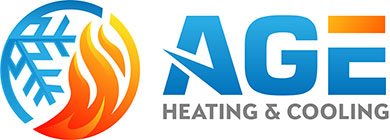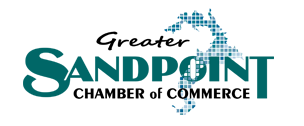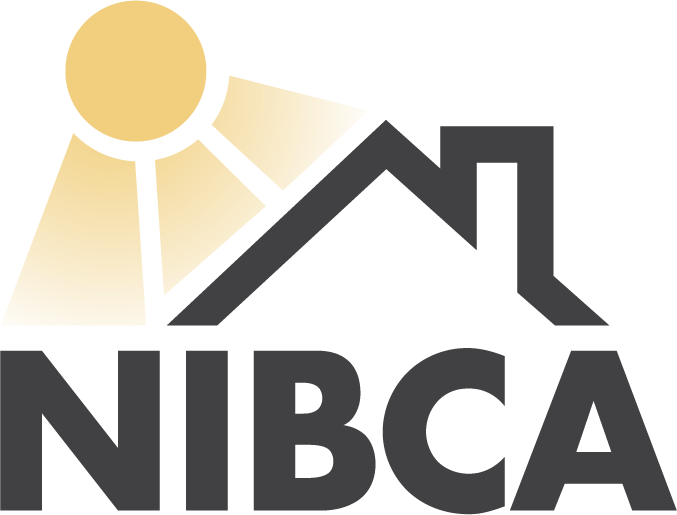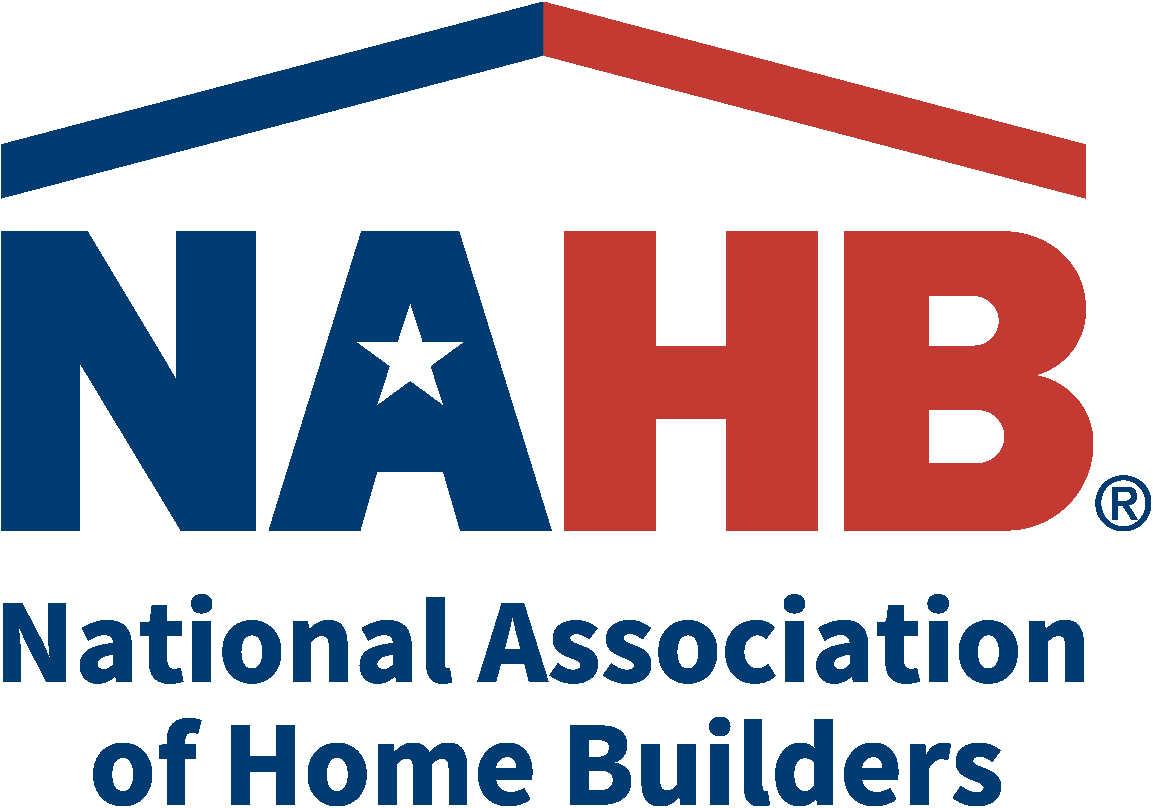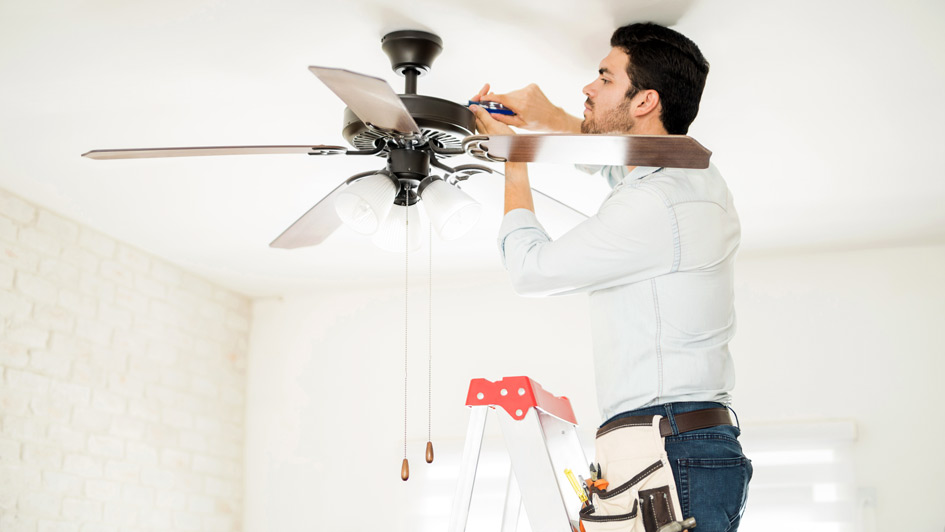
Ceiling fans are one of the most overlooked ways to make your home more comfortable and lower energy costs. By enhancing air circulation and supporting your HVAC system, ceiling fans and energy efficiency are truly a match made in heaven. They offer a smart, eco-friendly way to maintain your comfort in hot weather while lessening strain on your AC—helping you avoid unnecessary air conditioning repair.
In this blog, the experts at Age Heating & Cooling explain how ceiling fans can make your home feel more comfortable while increasing your HVAC efficiency. We'll also provide some HVAC efficiency tips that take advantage of ceiling fans.
Comfort vs. Temperature: Staying Cool Using the Wind-Chill Effect Indoors
Ceiling fans don’t actually cool the air—they make your home more comfortable by moving air over your skin. This is referred to as the wind-chill effect, and it can make a room feel up to 4 degrees cooler without lowering the thermostat. That means you stay comfortable and enjoy the benefits of indoor air circulation from your ceiling fan while relying less on your air conditioner—helping reduce your electric bill in summer.
The Best of Both: Why You Should Use Fans and Air Conditioning Together
There are several advantages to using ceiling fans and air conditioning at the same time, especially when it's very hot outside. By pairing both, you increase HVAC efficiency and maintain a comfortable indoor temperature with less work from your cooling system.
Top perks of using ceiling fans and AC together:
- Ceiling fans help lower HVAC load by moving cool air more evenly throughout rooms in your home. Limiting HVAC stress is important, because it can prevent a breakdown that could lead to premature AC or furnace installation.
- Using ceiling fans boosts the comfort level of your home by eliminating hot spots and improving air movement.
- Pairing ceiling fans and AC can reduce overall energy use. If you have a home automation system, you can even fine-tune your smart thermostat settings to set the temperature higher while your ceiling fan is running.
Clockwise vs. Counterclockwise Ceiling Fan Rotation: Which is the Correct Direction?
To make full use of your ceiling fans year-round, it’s important to ensure blades are rotating in the right direction for the season. The direction affects how air circulates, which can either make you feel cooler or gently recirculate warm air so you feel warmer.
When to spin ceiling fans counterclockwise
In the summer, ceiling fans should spin counterclockwise at a quick speed. This creates a breeze that moves air toward the floor, increasing the wind-chill effect and making you feel cooler.
When it's best to spin ceiling fans clockwise
When it's cold out, set your fan to rotate clockwise on a slower speed. This gently pulls cool air upward and circulates heated air down to where you can feel it, helping you feel warmer without changing your thermostat.
Things to Look for in a Ceiling Fan
Picking the ideal ceiling fan depends on a few important details, including blade design, airflow rating and room dimensions. First, look for fans that have a good blend of ECFM airflow and blade pitch to deliver efficient air circulation in your space:
- ECFM is how much air a fan moves—the cubic feet per minute, or CFM—per watt of electricity used. Fans with higher ECFM are more energy efficient.
- Blade pitch refers to the incline of the blades. A steeper blade pitch moves more air than a shallower pitch but can also stress the fan’s motor.
Also, consider room size when sizing a ceiling fan—a fan that’s too small won’t move as much air as you'd like, while one that’s too big may be overpowering for the room.
Raise Your HVAC Efficiency With the Experts from Age Heating & Cooling
At Age Heating & Cooling, our HVAC specialists can help you maintain a cozy home while minimizing wear on your heating and cooling systems. From efficient ceiling fan strategies and air conditioning installation to smart thermostats and furnace repair, we offer comprehensive solutions that work with your budget. Set up your appointment by calling 208-603-2210 today.
